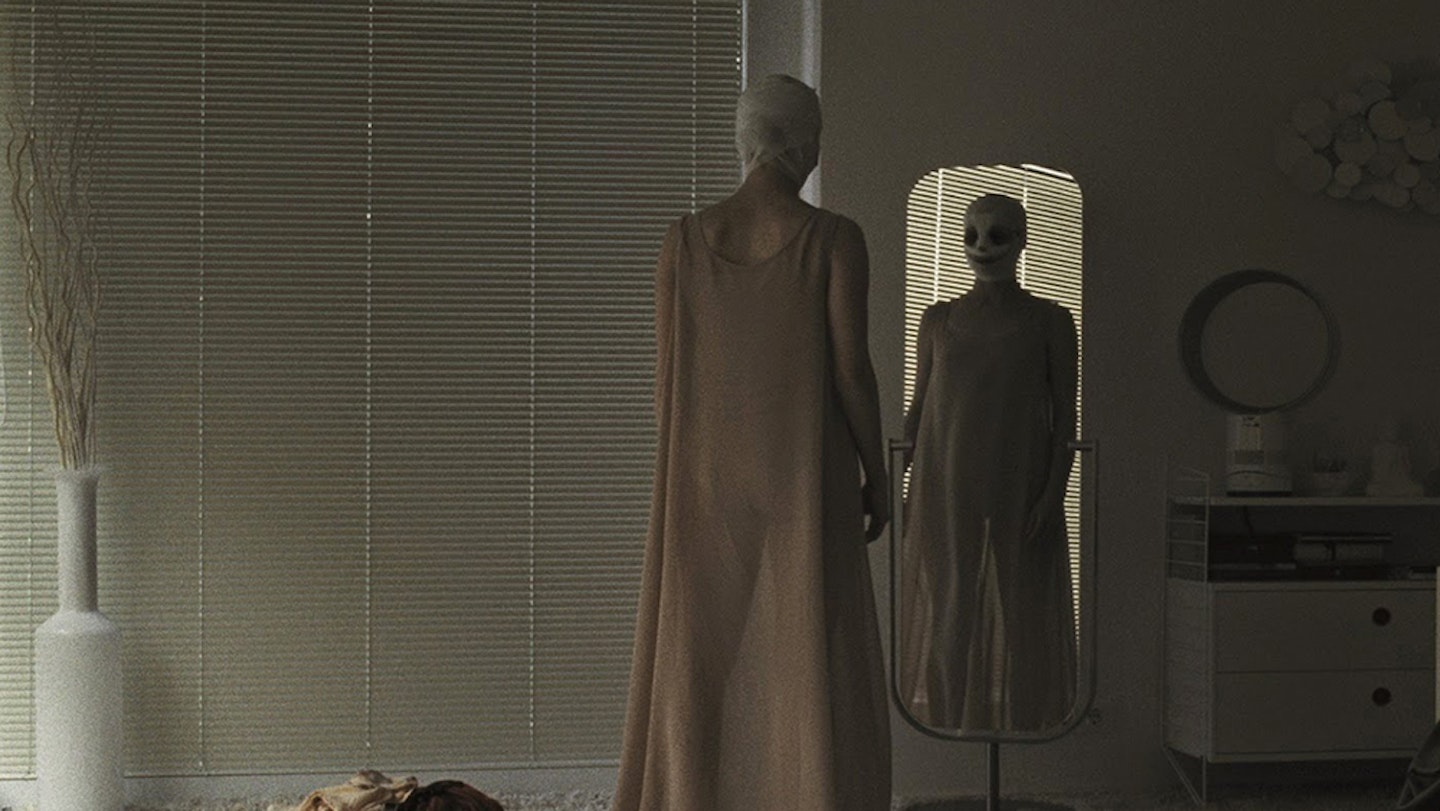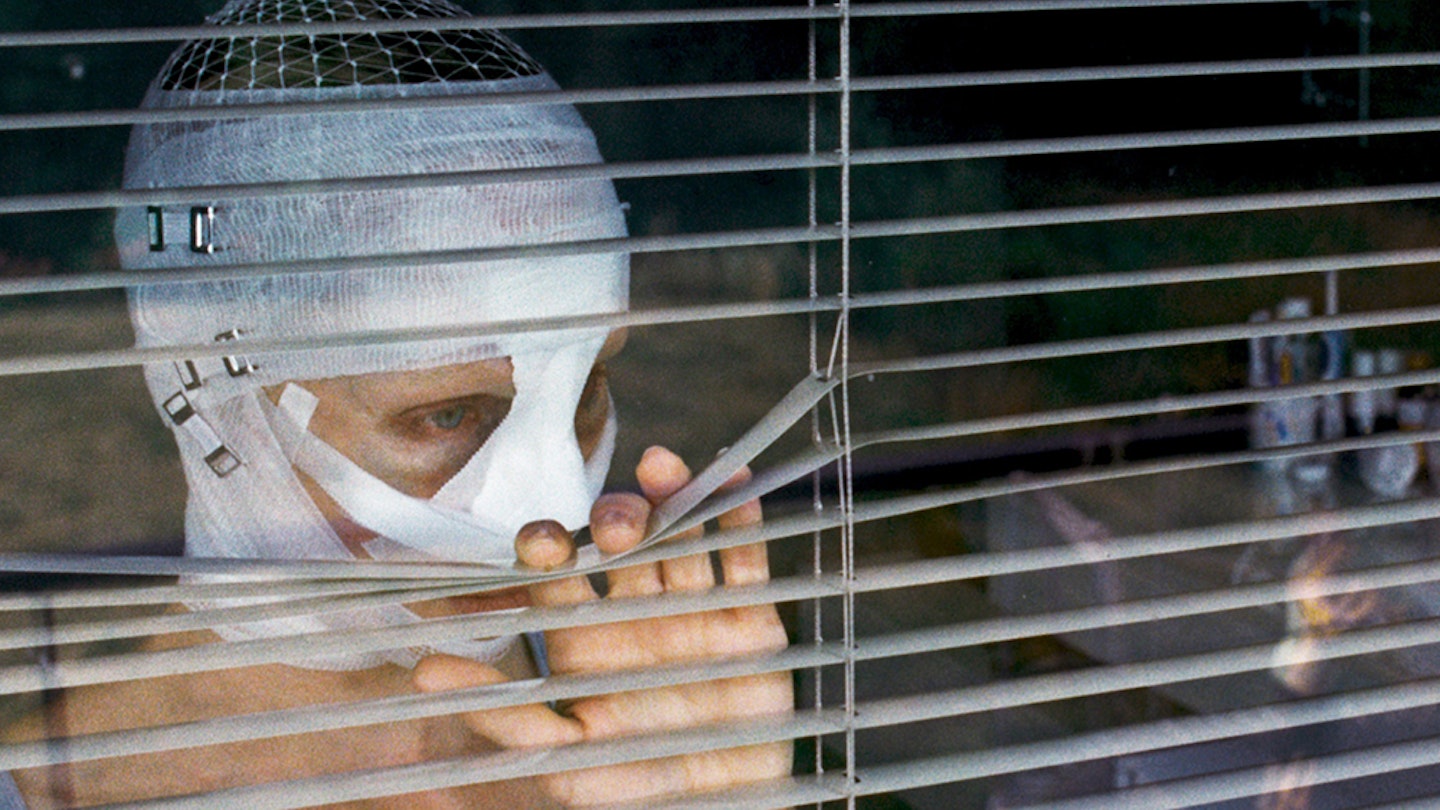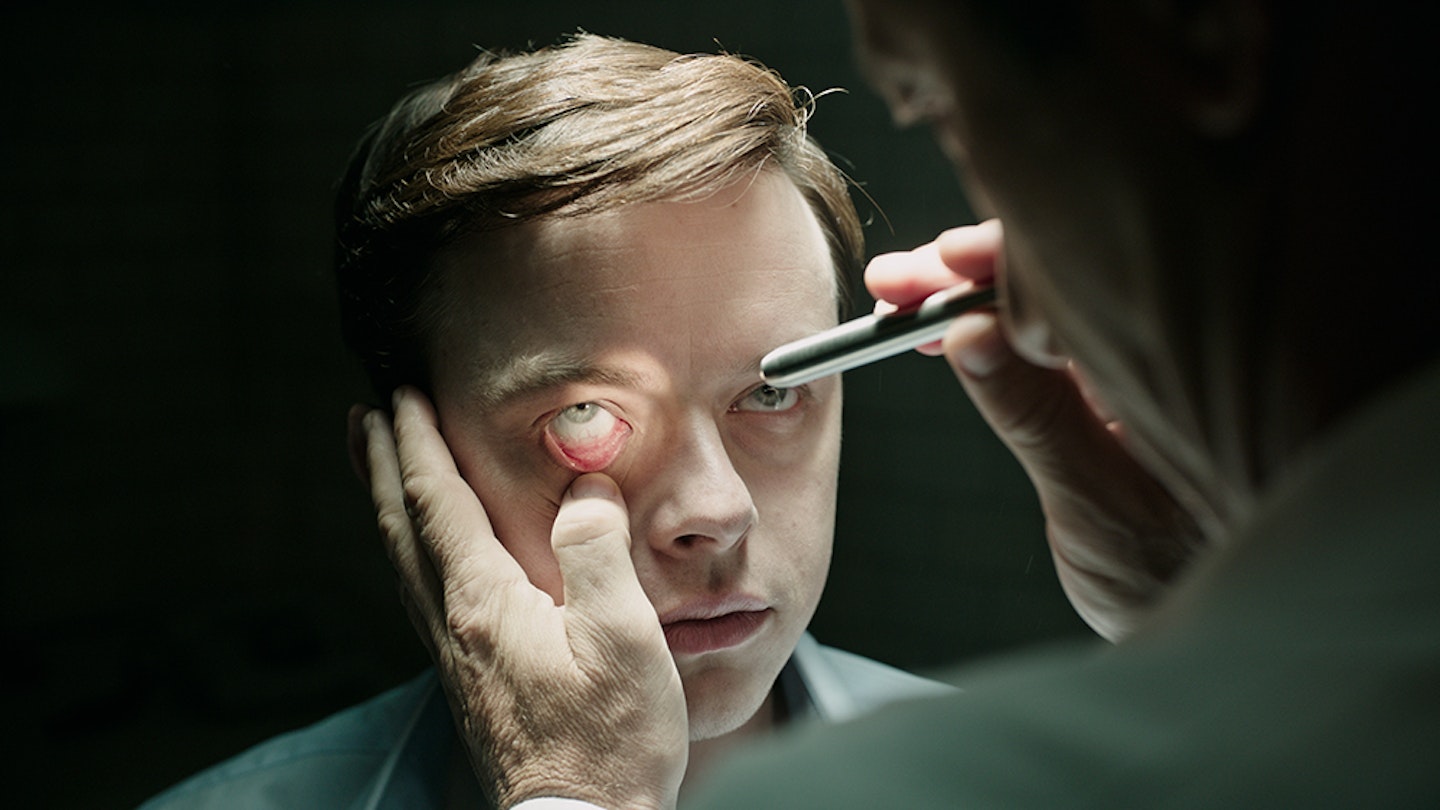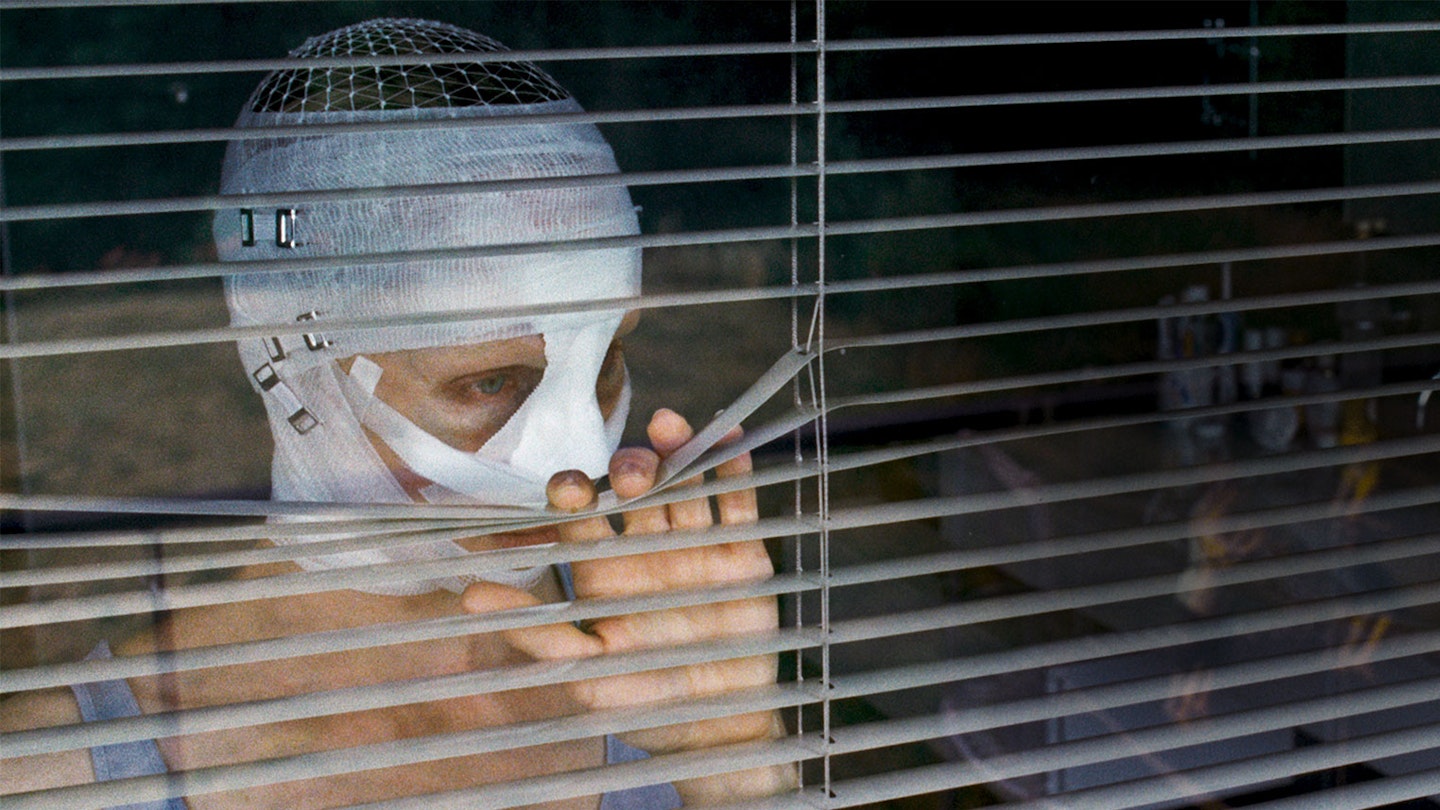Long before the recent resurgence of arthouse-crossover horror films – from The Babadook to It Follows and, more recently, The Witch – Austrian cinema has been staking out those very borders. A genre pioneered by Michael Haneke, whose 1997 home invasion thriller Funny Games casts a long shadow here, this cinema of unease plays around with the mechanics of horror in a way that both fulfils and subverts the audience’s expectations. In the case of Goodnight Mommy – originally titled much more appropriately Ich Seh, Ich Seh (I See, I See) – this results in a tightly wound mystery that constantly toys with our sympathies: should we be rooting for two frightened boys or more concerned for their mother?

A key element in Goodnight Mommy is its production design, also a very important aspect of producer Ulrich Seidl’s queasy urban dramas (notably his Paradise trilogy, which dealt in a black comic way with themes of sex, love and religion). Although it is in many respects an old dark house movie, Goodnight Mommy takes place in a very modern, sterile space. When Mother (Susanne Wuest) – her name is never mentioned – returns there are after cosmetic surgery, the setting seems to confirm the twins’ (Elias and Lukas Schwarz) paranoia. Even if she really is their mother, there may well be an absence there in just another vain, spoilt, nouveau riche trophy wife: the lights are on, but no one’s home.
It’s weird, it’s subtle, it’s effective.
Importantly, as with The Babadook, a female presence behind the camera helps take things in an interesting direction, fully engaging with the film’s ideas about motherhood and, by extension, age-old concepts of unconditional love. In a way, what directors Veronika Franz (Seidl’s wife) and Severin Fiala (Franz’s male co-director and former babysitter) have created is an existential and often nasty variation on the chicken-or-the-egg scenario: what we’re looking at is very much a Bad Seed movie – but where does that evil originate, in the mind or in the womb?
If this all sounds terribly cerebral, things switch in the last act, with a violent climax befitting a traditional horror with its shocking use of household items. But though such scenes are indelible, what stays in the mind is the aftershock. Where others would simply concern itself with the mystery – who’s really crazy here, and why? – directors Franz and Fiala are more interested in the human psychology, reflected in a creepily serene coda. It’s weird, it’s subtle, it’s effective. And if Hollywood ever gets its hands on the remake rights, it will be the first thing to go.


